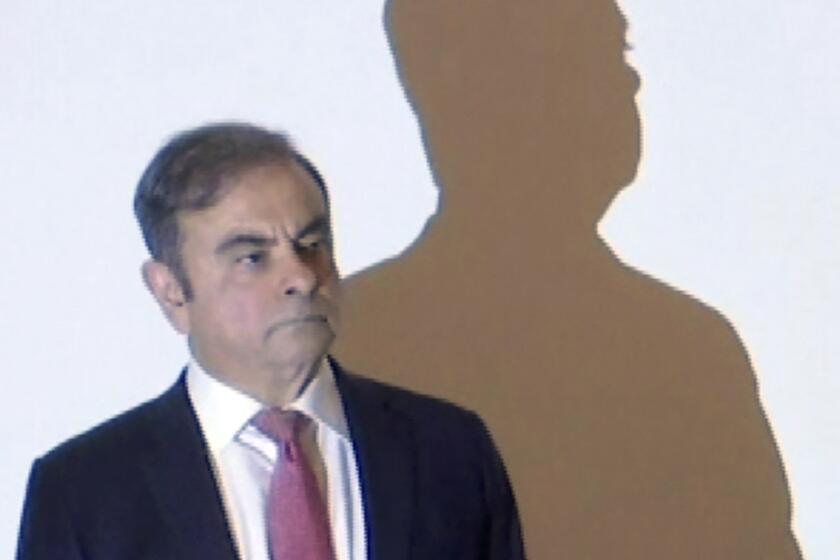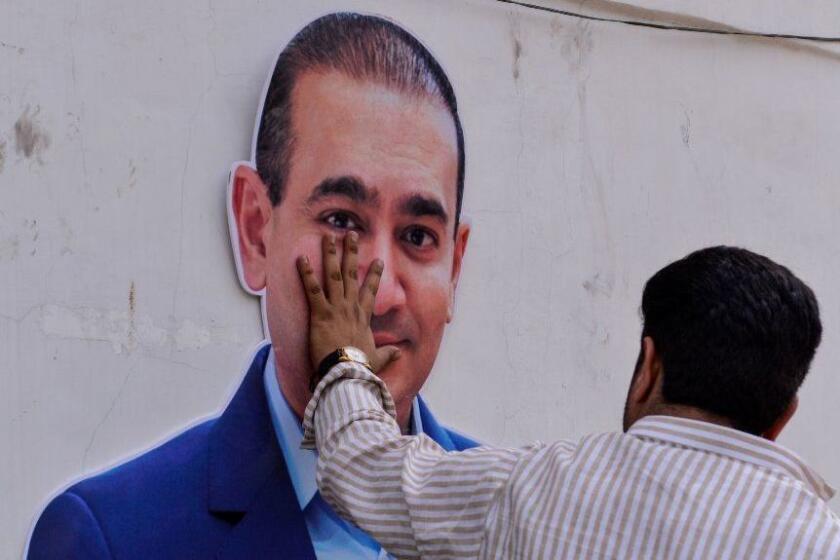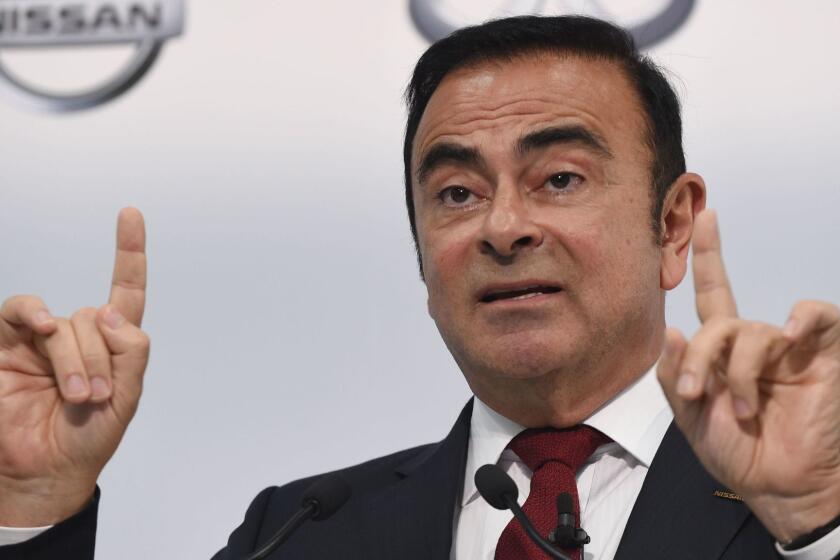Tokyo court gives ex-Nissan executive Kelly suspended sentence

TOKYO — A Tokyo court gave a suspended sentence Thursday to Greg Kelly, a former U.S. executive at Nissan Motor who was charged with underreporting his boss Carlos Ghosn’s pay.
The six-month sentence, suspended for three years, will allow Kelly to return to the U.S. during an appeal. Kelly’s defense said it would appeal. It was not immediately clear if prosecutors would do so as well.
The court acquitted Kelly on some counts but found him guilty of charges relating to one year only, the 2017 fiscal year. The defense team said it was unacceptable that Kelly was found guilty for the last year of the eight years over which the compensation allegedly was underreported.
“Kelly is completely innocent. We cannot accept the erroneous ruling that found him guilty for that final year,” the defense, headed by Yoichi Kitamura, said in a statement.
Kelly, who appeared calm during the court session, said afterward that he was stunned by the verdict.
“I have always acted in the best interests of Nissan, and I have never been involved in an unlawful act,” he said in a statement.
Former Nissan boss Carlos Ghosn says the decision to flee Japan, where he was accused of financial misconduct, “was the most difficult of my life.”
Chief Judge Kenji Shimotsu told the court that Ghosn had shown greed and malice during his “dictatorial rule” at Nissan. The underreporting of his income showed flawed governance at Nissan, misled investors and had a damaging impact on society, he said.
During Thursday’s session, Shimotsu repeatedly slammed Ghosn, saying the compensation arrangement was “conducted solely out of his personal greed.”
“There is absolutely no room for extenuating circumstances in his motive,” he said.
Shimotsu acknowledged that evidence did not connect Kelly directly with what he called a “conspiracy” by Ghosn and another executive, Toshiaki Ohnuma, to calculate unpaid compensation to be paid covertly later.
Carlos Ghosn’s stunning escape from Japan makes him one of the most famous white-collar fugitives in recent years.
But Shimotsu said Kelly had put Ghosn’s interests over Nissan’s.
He said Kelly became aware of what was happening at a meeting in 2018 between Ohnuma and another Nissan executive. Both got plea bargains and testified against Kelly in the trial.
Kelly has said he never saw any documents about the unpaid compensation.
He was arrested in November 2018 at the same time as Ghosn, a former Nissan chairman and head of the Renault-Nissan-Mitsubishi alliance. Both have insisted they are innocent, arguing that the money at the center of the charges was never paid or decided on.
Breaking News
Get breaking news, investigations, analysis and more signature journalism from the Los Angeles Times in your inbox.
You may occasionally receive promotional content from the Los Angeles Times.
The trial at Tokyo District Court began in September 2020, with Ghosn absent after he jumped bail in late 2019, hiding in a box for music instruments on a private jet. He fled to Lebanon, which has no extradition treaty with Japan, and has been writing books and making movies about his experiences.
Prosecutors had asked that Kelly be sentenced to two years in prison. They alleged that Ghosn, Kelly and Nissan Motor Co. underreported Ghosn’s compensation by 9 billion yen ($78 million) in filings over eight years through 2018.
Kitamura and other defense lawyers argued during the trial that Kelly was searching for legal ways to pay Ghosn to stop him from leaving for a competitor.
Shimotsu said in the ruling that some financial reports contained false information, but that Ohnuma’s testimony was the most important, although it was not entirely reliable because he had a plea bargain.
Carlos Ghosn’s escape from Japan to Lebanon leaves questions unanswered. Did he have a visa? Did he hide in a music box?
“His credibility deserves special attention,” Shimotsu said. “There was a danger that as an accomplice he would seek to shift responsibility to Ghosn.”
During the trial, the prosecution presented as evidence various documents calculating Ghosn’s so-called “deferred compensation.” Nissan pleaded guilty and paid a 200-million-yen ($1.7-million) fine.
Kelly has been out on bail and living with his wife in a Tokyo apartment. He was hired by Nissan’s U.S. division in 1988, more than a decade before Ghosn arrived at Nissan, and became a representative director in 2012, the first American on Nissan’s board. He worked mostly in legal counsel and human resources.
Separately, two Americans extradited from the U.S. to Japan on charges of smuggling Ghosn out of Japan were found guilty in July 2021. Michael Taylor was sentenced to two years in prison, while his son Peter was sentenced to one year and eight months.
More to Read
Sign up for Essential California
The most important California stories and recommendations in your inbox every morning.
You may occasionally receive promotional content from the Los Angeles Times.













